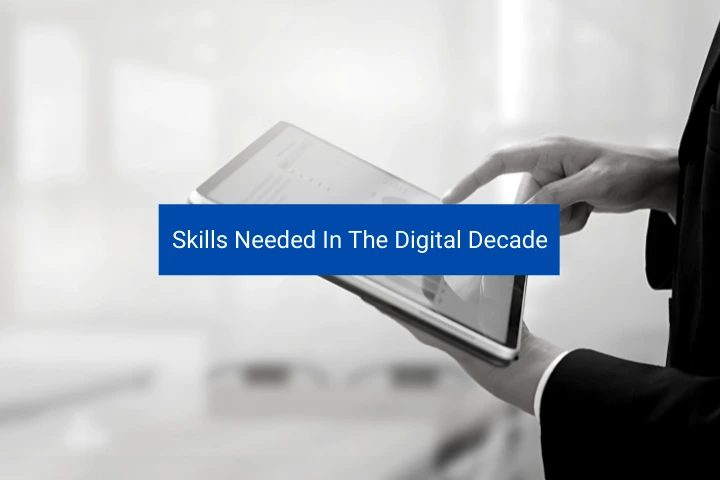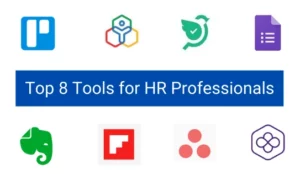For young people in this digital decade, it is evident that they are going to need to continue to learn to work in a fast-paced environment throughout their lifetime. The idea of getting training firsthand by a company and then continuing to work with the same pattern has revolutionized today. Digital aspects are taking over everything, the internet of things is one of the most constructive thinking that will always be followed in the future. Everyone will have to construct a plan to come up with new digital skills every now and then to keep themselves at pace. They have to learn how to be flexible & adaptable.

What are these digital skills?
A basic definition of digital skills is termed “use of digital devices, communication applications, and networks to access and manage information,” in UNESCO’s terms. The following skills are the very core of every generation and need to be pondered upon:
Digital foundation skills, Communication, Handling information and content, Transacting, Problem-Solving, and being safe, and legal online.
Levels of Digital Skills
Entry-level skills can include:
Computer literacy, Data entry, social media, Web-based communications and research, Word processing, Email, chat & Secure information processing.
Advanced-level digital skills include:
Planning, web, and app development, Digital business analysis, Digital content marketing and creation, Digital design and data recognition, Digital product management, Data Science, and design of the user experience.
What is the importance of digital skills?
Since the outburst of the COVID-19 pandemic working remotely has offered a way into the digital world. Offering minimal training and successfully implementing the know-how to unsuspected employees does not go along anymore. Digital skills have never been more captious to businesses and the workforce, as demonstrated by a major shift in digital interactions like remote work, online commerce, and virtual collaboration.
Although this change has produced many benefits, such as greater flexibility of staff and removing geography as a barrier to hiring new talent, has gone with it has led to the widening of the skills gap. But through the use of these skills, the execution process has become easier with less time consuming and also makes the entire functioning interesting. In particular, the composition of technologies has changed the standard of education in the world today and made it convenient for everybody.
How to develop the digital skills gap?
Making skills mandatory via a variety of platforms, projects, initiatives, and investments that offer something to everyone needs to be supported by every organization. It is increasingly impossible to point out which skills may or may not be needed. There is no hard and fast rule about which jobs anyone will need to attain excellence for and which jobs will not. Digital literacy can be increased by the following activities:
o Taking up free online courses.
o Increasing activity through online platforms.
o Informative videos or courses via YouTube.
o Registering for webinars based around the particular field.
How are digital skills changing the workplace?
The email was a new concept in the past, but it has become a second thing in the past billions of people, know how to respond to your emails, reach the company files in Google Drive, or edit website code all digital skills are now commonplace.
Summary digital skills make the workplace a comfortable and easy place to use. Much work can now be done at home, or on the go. Lastly, these skills can also represent improving the work of those who want to embrace the flexibility of independent work. The digital integration of existing skills and the development of new digital technologies means that working away from flexibility is more likely than ever before. With the right skills, software, and a good internet connection, anyone can be a digital freelancer.
The latest technologies such as blockchain, AI, and cloud are gone niche, special roles for the general public, which increase the business needs for these skills. There are many examples throughout time where technology has replaced jobs that were once done by people. The worry about automation should be the reason behind embracing digital skills in whatever way possible.



